In the Performance > Search results tab, click in the date range filter (it usually defaults to three months), go to “Compare,” and select “Compare last 3 months year over year.”
From there, click “Pages” to identify URLs that have lost organic traffic from the past year, especially with no substantial position change. These are your best candidates for a refresh. Do this once or twice a year, depending on the volume of new content and whether it’s evergreen.
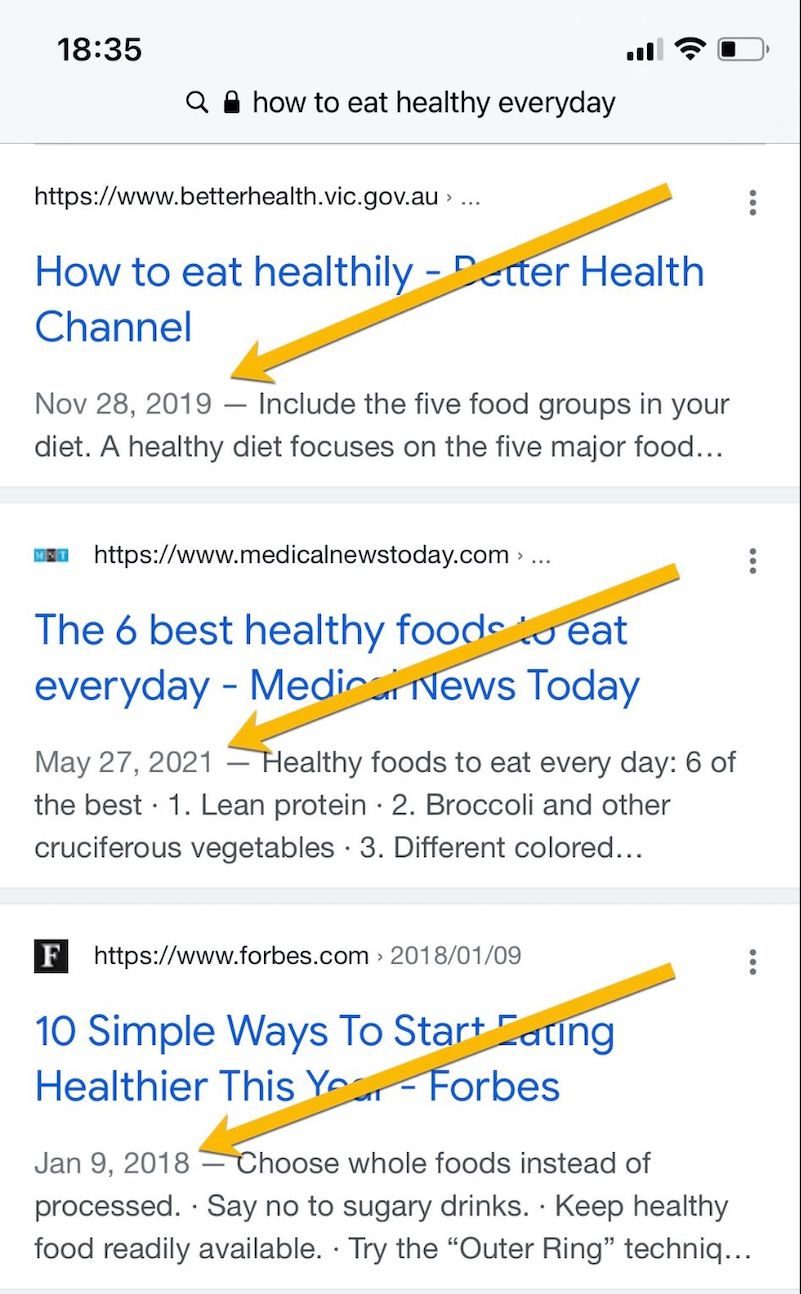

Dates and SEO
Updating content regularly is a key organic search tactic. Never simply assign a new date to old, unchanged content. Google requires a “substantial” edit, as follows:
- Choose a standard date format and select your time zone. WordPress, for example, makes it easy.
- Use structured data such as Schema.org to make it even more apparent. The Yoast WordPress plugin offers that option.
- Including a publish date and time increases the chances of appearing in Google News and Google Discover.
Google offers clear guidelines as to how to communicate dates to its algorithm:
Not all content is date-sensitive. Thus don’t fix what’s not broken, assuming, again, the content remains valid.
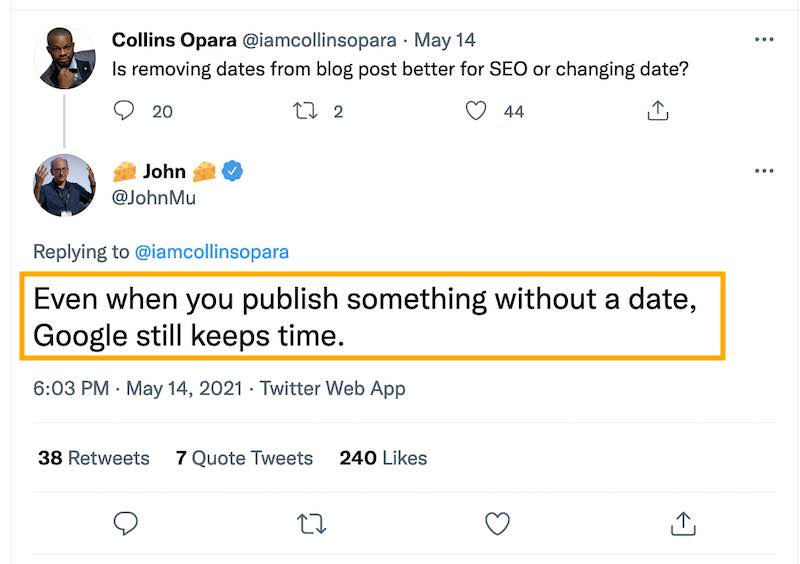

Google tracks publish dates regardless of whether they are publicly disclosed.
Update content. If an old date in a search snippet hurts clicks, the best remedy is to update the content. That will also help on-page engagement, as readers prefer current info for most topics.
Don’t hide dates. Unless it is a static page — e.g., About Us, Contact Us, Privacy Policy — dates are helpful to searchers. And Google will emphasize it if it helps a searcher. Transparency to Google builds trust, which drives rankings. Moreover, removing older dates is pointless, according to Google’s John Mueller in a May 2021 tweet, stating “Even when you publish something without a date, Google still keeps time.”
Google confirms that all of the date formats below are acceptable. And using Schema.org markup to make the dates clearer (to Google) is always a good idea.
- Entire rewrite. Change the publication date and push the page to the top of the archive. Do not write a new article and redirect the old URL to the new one.
- Partial rewrite. Add an “Updated on” note on top of the article if you made minor changes, such as a few new paragraphs or select data updates.
Click “Pages” in Search Console to identify URLs that have lost organic traffic from the past year, especially those with no substantial position change.
- “Posted Feb 4, 2019”
- “Published February 4, 2019”
- “Last updated: Feb 14, 2018”
- “Updated Feb 14, 2019 8pm ET”
Which Snippets to Update?
But it’s recent dates that drive clicks. What happens when dates inside a search snippet are outdated? First, never hide dates, even older ones. And avoid stale dates for key content by keeping it updated.
If an article has been substantially changed, it can make sense to give it a fresh date and time. However, it’s against our guidelines to artificially freshen a story when the publisher didn’t add significant information… It’s also against our guidelines to create a very slightly updated story from a previously published one, then delete the old story and redirect to the new one.
Google claims that it shows dates in organic search snippets when its algorithm determines they would be relevant and helpful. In reality, dates are extremely common and have a big impact on click-throughs.
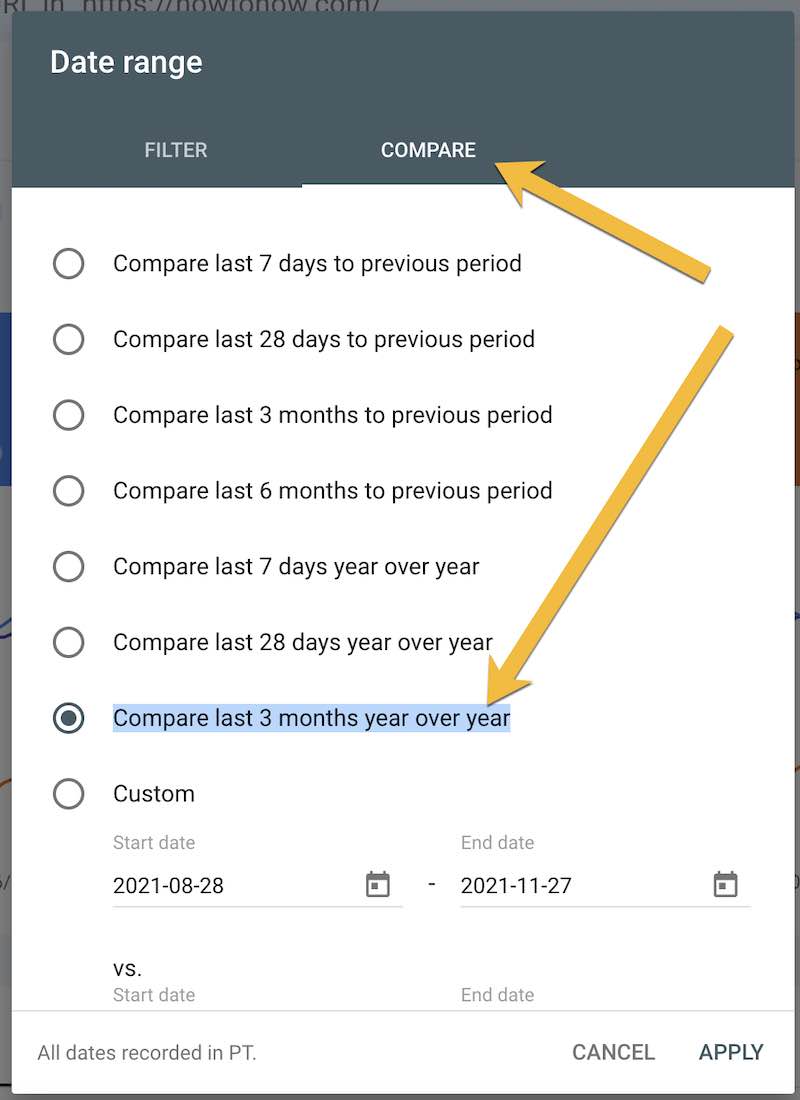

I tend to click on newer results. According to Ignite Visibility, a marketing firm, roughly 50% of searchers are like me: Dates in search snippets are either “important” or “very important” click-through factors.
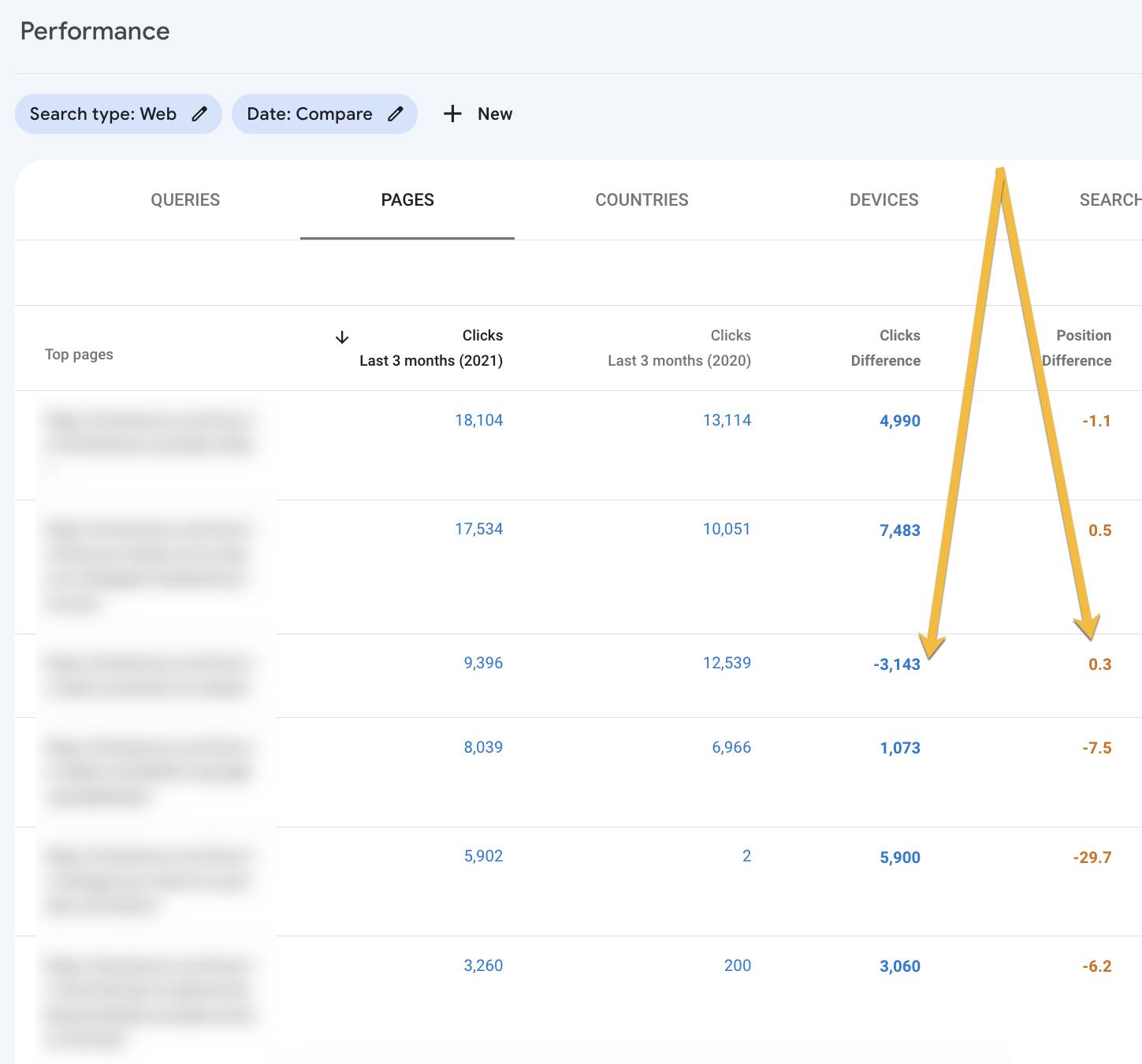


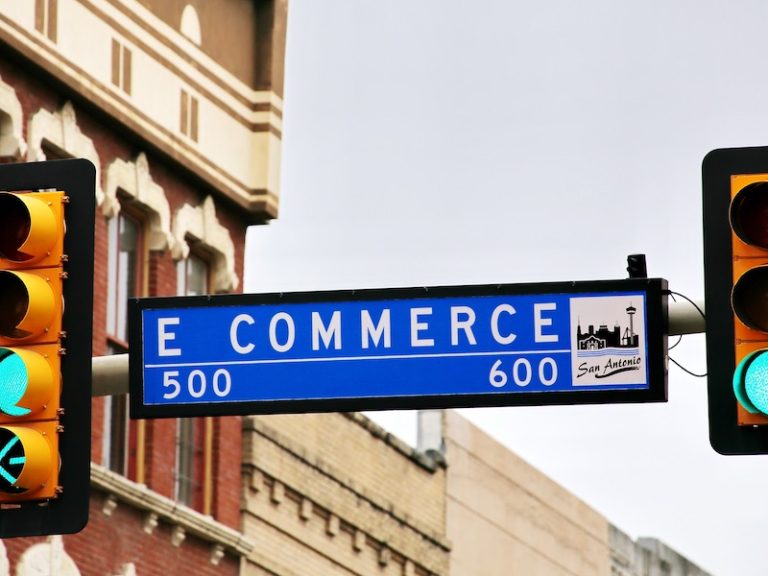

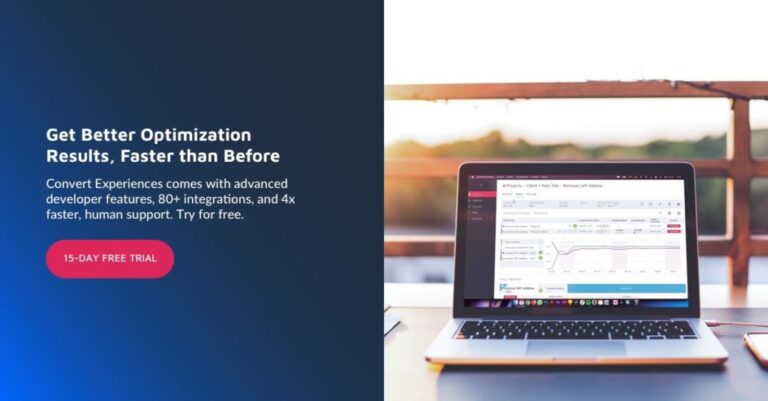

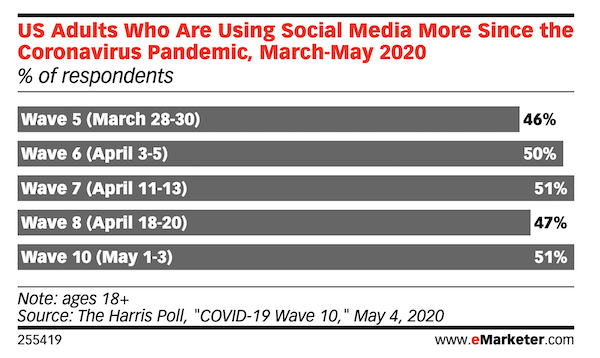
![Gmail Ads Rolling into Discovery Ads [Everything You Need To Know]](https://research-institute.org/wp-content/uploads/2021/02/gmail-ads-rolling-into-discovery-ads-everything-you-need-to-know-768x376.jpg)